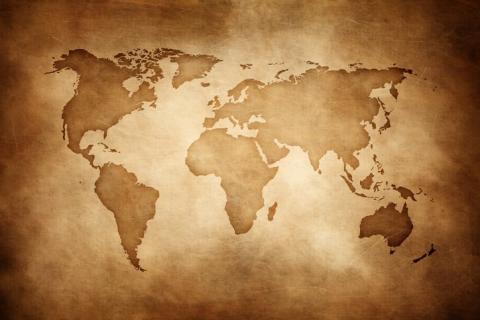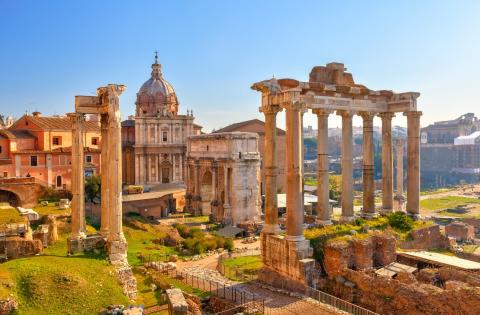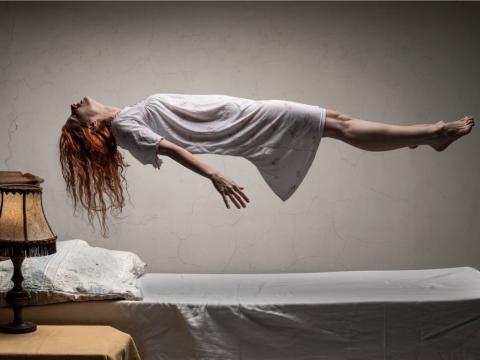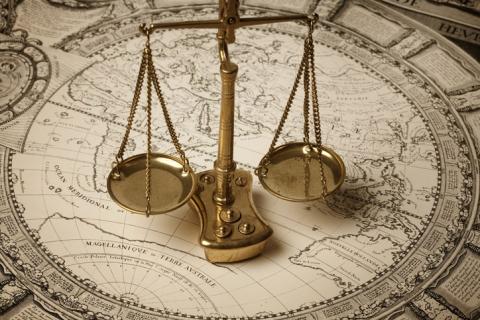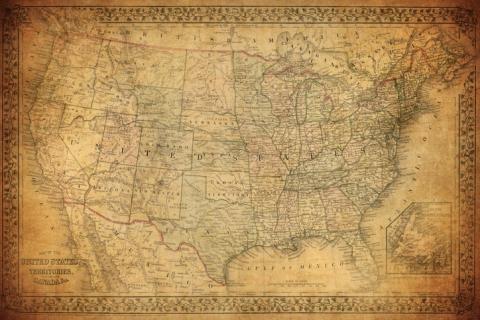World History Quiz, Part I
The first year of the Islamic calendar marks the following event:
- The Islamic year begins on the first day of Muharram and is counted from the year of the Hegira (anno Hegirae)—the year in which Muhammad emigrated from Mecca to Medina (A.D. 622).
Balboa was the first European to
- In Sept. of 1513, Balboa reached the Pacific and claimed it and all shores washed by it for the Spanish crown.
The Battle of the Bulge took place in
- The Battle of the Bulge was a famous German surprise counterattack (Dec. 1944–Jan.1945) against the Allies in Belgium.
Which of the following figures did not live in the 6th century B.C.?
- Nero, A.D. 37–68, was the emperor of Rome from A.D. 54 until his death. He was known for his cruelty and depravity.
Who crossed the Rubicon?
- In 49 B.C., Julius Caesar defiantly crossed the river Rubicon, against the orders of the Roman senate, a move that made civil war inevitable. The expression "to cross the Rubicon" has come to mean taking an irrevocable action and thus reaching the point of no return.
Before independence, Bangladesh was called
- Due to geographic, economic, and cultural differences, tensions between East and West Pakistan caused East Pakistan to secede and become the independent state of Bangladesh on March 26, 1971.
The invasion of the Goths in the 5th century led to the end of which empire?
- In A.D. 410 the Goths sacked Rome.
What was the Great Western Schism?
- From 1378–1417, two popes claimed authority over the Catholic Church; one was situated in Rome, the other in Avignon, France.
The Incan Empire was located in what is now
- At the time of the Spanish conquest (1532), the Incan Empire dominated the entire Andean area from Quito, Ecuador, to the R�o Maule, Chile, extending some 2,000 mi (3,200 km).
The departure of Soviet troops from Czechoslovakia in 1991 was the result of the
- The Velvet Revolution refers to Czechoslovakia's relatively peaceful transition from communism.

